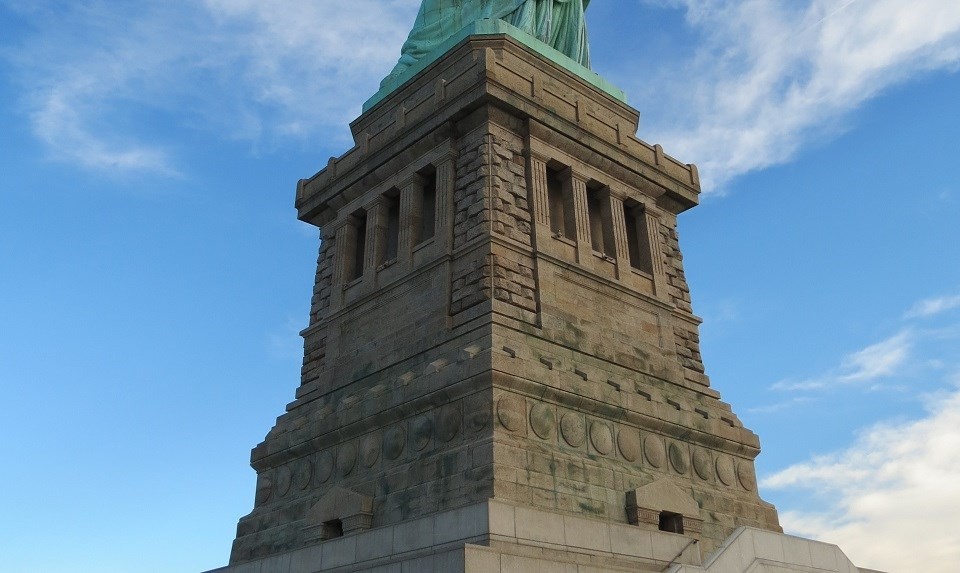Saum Song Bo
While the Statue of Liberty was a gift from France, the pedestal on which the statue stands was funded by the American people. Fundraising advertisements in the United States encouraged citizens to donate to this national symbol of freedom. In 1885, Joseph Pulitzer, publisher of The New York World, began printing the name of every person who sent in a donation, no matter how small. This campaign was ultimately successful, and construction of the pedestal was completed in 1886.
However, these appeals to symbolic American unity and freedom were not persuasive to everyone, and were seen as downright hypocritical by some. In 1882 the U.S. Congress had passed the Chinese Exclusion Act, preventing the immigration of Chinese people to the United States. In 1885, Saum Song Bo, a Chinese-American man, wrote a letter to the editor of The Sun highlighting the hypocrisy of fundraising for a Statue of Liberty in a country that was prohibiting the immigration of all Chinese people. As an American citizen he was being asked to contribute to the pedestal. But as a person of Chinese descent, the Chinese Exclusion Act was a reminder that “Liberty” was not being offered to everyone.
How does Saum Song Bo situate his Chinese-American identity in this piece? How does he differentiate between “liberty” (the idea) and “Liberty” (the statue)?
